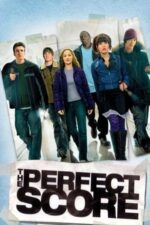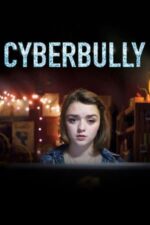Beyond the Keypad: Exploring "Hacking" on Screen
Okay, let's talk about hacking in film. It’s a fascinating topic because it’s evolved so much over the decades, reflecting both our anxieties and our aspirations around technology. When I was growing up, “hacking” meant something very different – more about phone phreaking and BBS systems than sophisticated cyber warfare. And honestly, early depictions were often… well, let's just say they weren’t exactly accurate! (Remember those rapid-fire keyboard scenes with nonsensical code scrolling across the screen? Pure Hollywood magic!)
But the concept itself has always been compelling: the idea of someone bypassing established systems, challenging authority, and wielding knowledge as power. And that core appeal remains, even as the technical realities have become increasingly complex.
Take The Net, for example. Released in 1995, it’s a product of its time – dial-up internet, clunky graphics, and a palpable sense of paranoia about online identity theft. While the "hacking" itself might look laughably dated now (seriously, who uses floppy disks?), the film tapped into a very real fear: that our digital lives aren't as private or secure as we think they are. It’s a fun, pulpy ride, and it really solidified the idea of the “ordinary person” stumbling upon something huge in the digital world.
Then you have films like Hackers, which leans into a more stylized, almost romanticized view of hacking culture. Think neon lights, pulsing electronic music, and a sense of rebellious cool. It's less about realism and more about capturing the spirit of early internet subculture – that feeling of boundless possibility and shared knowledge. It’s cheesy? Absolutely! But it also holds a certain nostalgic charm for those who remember the early days of online exploration.
More recently, films like The Crash attempt to grapple with the potential consequences of sophisticated cyberattacks. It's less about individual hackers and more about the systemic vulnerabilities that can threaten entire economies. And then there’s Irumbu Thirai, which brings a distinctly Indian perspective to the table, exploring themes of justice and technological prowess within a thrilling narrative – it’s fascinating to see how different cultures approach this subject!
Even films seemingly unrelated to technology directly can touch on hacking in interesting ways. Oru Vadakkan Selfie, for instance, explores how quickly someone's digital footprint can explode into unexpected fame and influence - a kind of social media "hack" if you will.
Ultimately, the portrayal of “hacking” in film isn’t just about computers and code; it’s a reflection of our evolving relationship with technology and its power to shape our lives. It's a lens through which we examine questions of privacy, security, control, and even redemption. So next time you see a movie featuring a hacker, ask yourself: what anxieties or aspirations is this film really trying to explore?
What are your favorite depictions of hacking in film? I’d love to hear them!







































